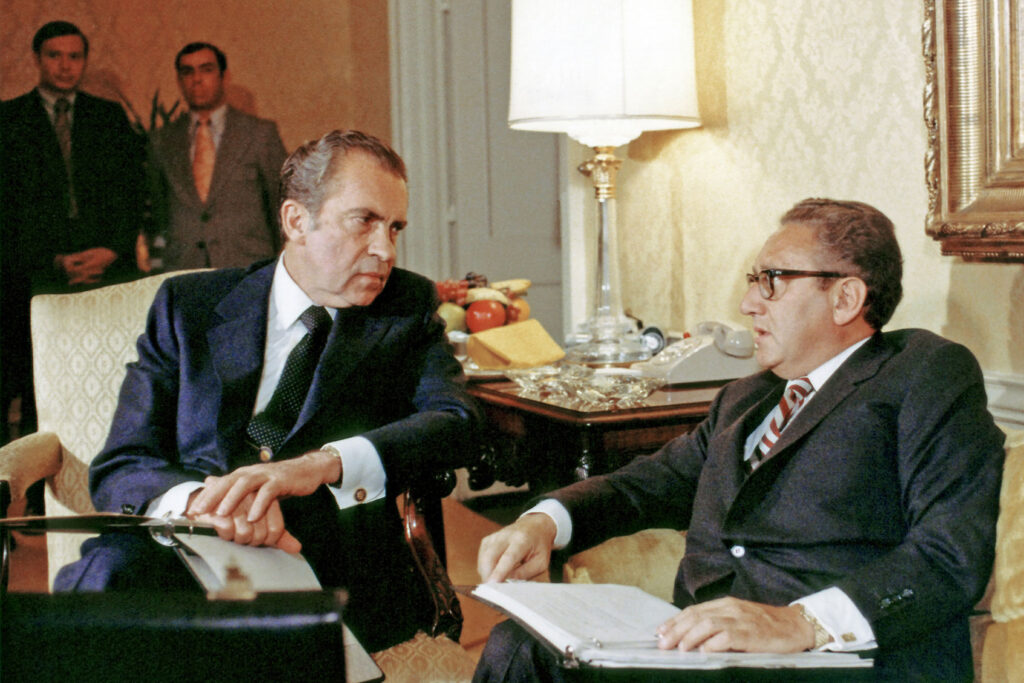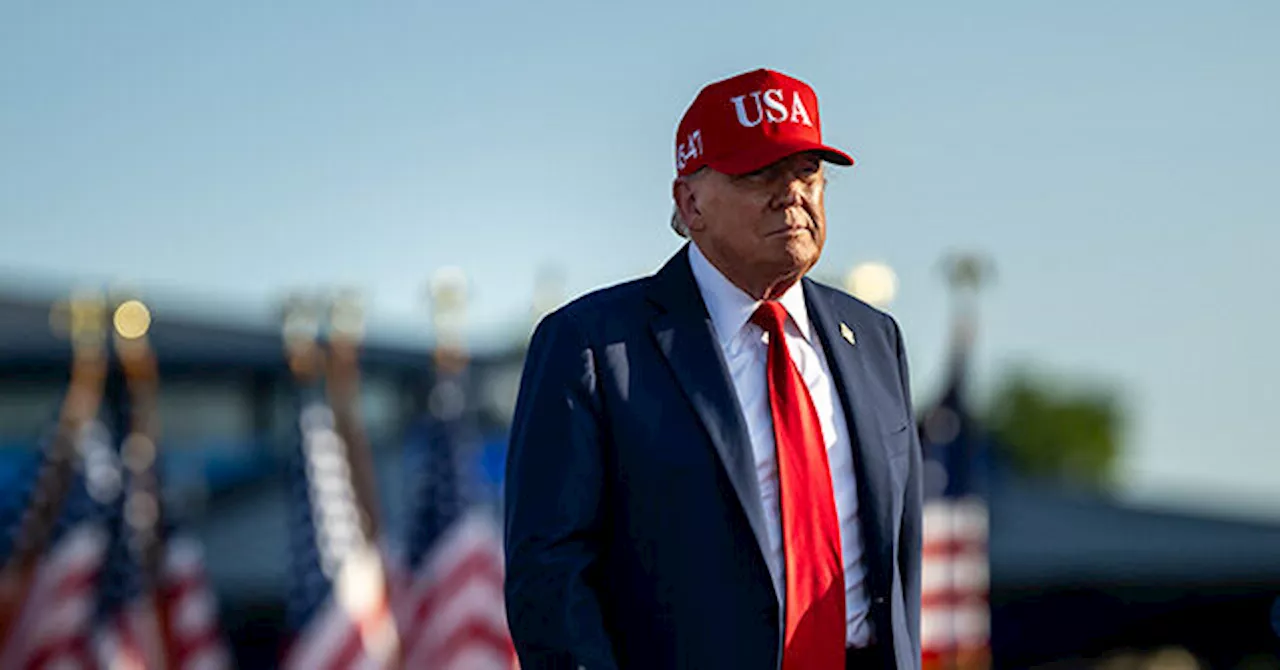
The recent documentary, “American Experience: Kissinger,” has ignited significant discussion regarding the legacy of former U.S. Secretary of State Henry Kissinger. Released on October 27, 2023, the film revisits Kissinger’s role during the Vietnam War and his influence on American foreign policy, but many critics argue it fails to address the full extent of his controversial actions.
The documentary presents Kissinger primarily as a figure of American diplomacy, portraying moments such as the historic opening to Communist China and the notion of “ping-pong diplomacy.” It relies heavily on archival footage and interviews with notable historians, including Niall Ferguson, who was chosen by Kissinger as his authorized biographer. Critics have noted that this framing glosses over the more troubling aspects of Kissinger’s tenure, particularly his methods and the consequences of his policies.
While the film revisits familiar territory, such as Kissinger’s assertion that “peace is at hand” in Vietnam shortly before the 1972 presidential election, it lacks new insights into his motivations and the implications for both the United States and the nations affected by his strategies. For many, the documentary feels more like a retrospective celebration than a critical examination of his legacy.
Historian and researcher at the University of Virginia’s Miller Center, who has spent over 25 years analyzing the Nixon tapes, expressed disappointment regarding the missed opportunities for deeper analysis. Key elements of Kissinger’s approach, including the manipulation of military timelines to benefit political ambitions, are largely unexamined. The documentary does not adequately address how Kissinger and President Nixon delayed withdrawal from Vietnam to avoid political fallout, despite evidence suggesting that South Vietnam would struggle to survive without American support.
The film’s portrayal of the antiwar movement through animation and caricature has also drawn criticism. Critics argue that these representations trivialize the serious implications of the policies enacted during Kissinger’s time in office. The documentary touches on the devastating impacts of these policies on countries like Cambodia and Bangladesh, yet it often lacks the depth needed to understand the gravity of those consequences.
More troubling is the reliance on sound bites from Ferguson, who often does not clarify his close association with Kissinger. This could mislead viewers regarding his impartiality in discussing Kissinger’s strategies. Ferguson posits complex questions about Kissinger’s motivations, but the answers are left vague, allowing for potential confusion rather than clarity on a critical historical subject.
The documentary attempts to summarize the discussion surrounding Kissinger’s legacy but does so with a superficial approach. For example, it overlooks the profound suffering inflicted on both foreign nations and American soldiers during the Vietnam War, resulting in significant casualties and long-term psychological impacts. By focusing primarily on the diplomatic narrative, the film neglects the human costs associated with the decisions made during this tumultuous period.
In a notable instance, the film references a conversation between Nixon and Kissinger regarding the timing of American troop withdrawals, where Kissinger emphasized the need for a “decent interval” to avoid political repercussions. This exchange highlights the prioritization of political optics over the welfare of those affected by the war. The lack of direct access to the Nixon tapes and other crucial evidence further detracts from the film’s credibility as a historical account.
Ultimately, “American Experience: Kissinger” serves as a reminder of the complex and often troubling legacy of Henry Kissinger. While it reaffirms some of the well-known narratives about his foreign policy achievements, it falls short in delivering a comprehensive and critical exploration of the darker aspects of his career. As viewers navigate through the documentary, they are left contemplating the broader implications of Kissinger’s actions and the lessons that can be gleaned from this contentious chapter in American history.






